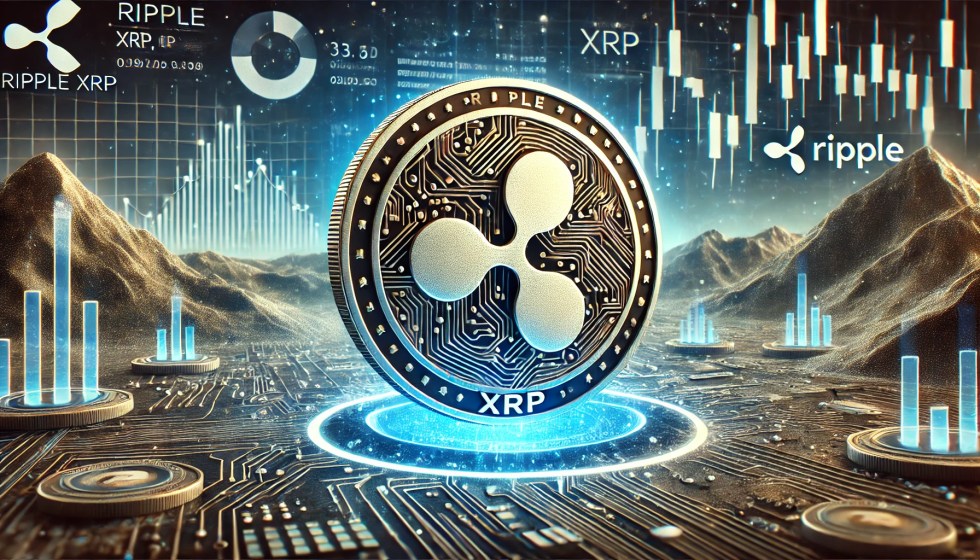Market expert and software engineer Vincent Van Code has issued a direct warning that investors may soon lose the ability to buy native XRP through direct traditional retail channels. He outlined an upcoming shift in how the cryptocurrency will be accessed, pointing to a future where the altcoin is obtained only through institutional products.
Why Buying XRP Could Become Impossible In The Future
On Thursday, Van Code announced via an X post that XRP is on track to become inaccessible for direct retail purchase as the market transitions toward institutionally controlled vehicles. He predicts that within a couple of years, major custodians will hold nearly all native XRP, leaving retail investors to gain exposure only through ETFs or bank-managed market marker style products.
The market expert ties this outlook to a broader 15-year roadmap he believes is steadily unfolding and expected to reach completion by 2030. He described a future in which XRP would eventually be held mainly by major custodians acting on behalf of banks, fund managers, and other large financial entities. According to him, retail investors would interact with XRP only through products managed by these institutions rather than holding the asset in their own wallets.
Van Code also projected that the altcoin could become a wholesale token used strictly for settlement, custody, and transfers between financial institutions. In this model, the majority of retail market participation could shift away from the cryptocurrency itself, instead relying on ETF products that track its performance without granting direct ownership.
He referred to this potential evolution as the endgame for both the XRP Ledger and its native token, XRP. He also stressed that many holders have not fully grasped the scale of this potentially ongoing transition or the significance of the token they hold.
Where To Store Your Coins Ahead Of The Transition
Following Van Code’s prediction, a crypto community member asked where XRP should be held ahead of these potential market changes, noting conflicting advice on exchanges, cold wallets, and possible bank custody. Van Code responded by outlining the strengths and weaknesses of each option.
He stated that crypto exchanges offer simplicity for users with limited technical knowledge but require trust that the platform remains solvent. On the other hand, cold wallets provide complete control and ownership of private keys but introduce higher risks of user error, permanent loss, and estate-planning complications.
Van Code noted that ETFs are likely the safest option from a security and inheritance standpoint because they rely on established stock-register infrastructure with bank-grade protection and compliance. However, they come with fees, may not allow conversion back to native XRP, and could trigger capital gain taxes if a holder sells their existing tokens to buy into an ETF.
Ultimately, the market expert explained that the best place to store XRP depends on the holders’ comfort level, technical knowledge, discipline in managing seed phrases, and the amount of tokens held. He warned against buying secondhand cold storage devices and emphasized the importance of verifying authenticity before adding value to the wallet.
